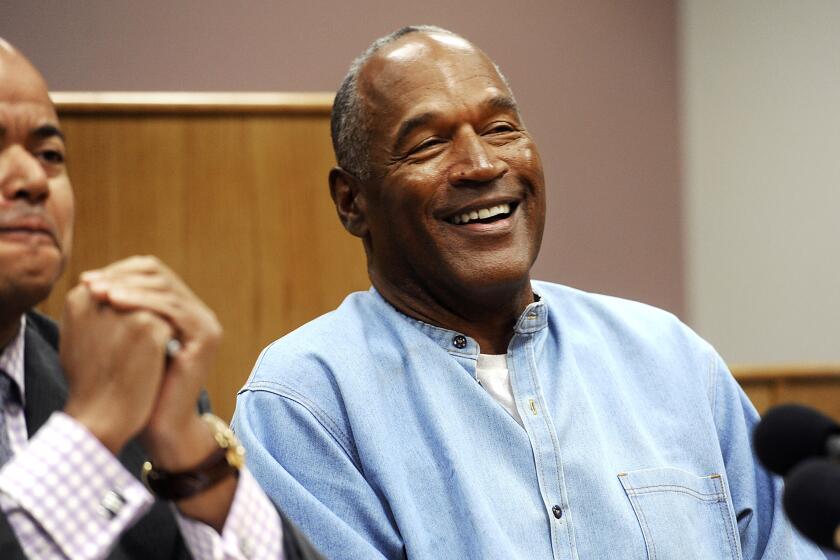The perpetual suspect
In an incident that raised eyebrows from coast to coast, Harvard University professor Henry Louis Gates Jr., a prominent scholar and author, was arrested by the Cambridge Police Department after officers responded to reports that black men were breaking into his house. Gates had just arrived home from China and was trying to force open his jammed front door with the help of his hired driver when a neighbor called the police.
Exactly what happened after that isn’t clear. News reports quoting the police say that Gates, the head of Harvard’s W.E.B. Du Bois Institute for African and African American Research, was uncooperative and “disorderly” while an officer was investigating a possible burglary. That’s nonsense, Gates maintains. The real problem is that his color trumped everything else, including his prominence, his familiarity with the house and his identification showing that he lived there. It demoted him from citizen to suspect.
Even after seeing his Harvard ID and Massachusetts driver’s license, Gates told the Washington Post, the officer’s questions continued. Gates asked questions too, insisting that the officer divulge his name and badge number. That request, he maintains, led to a back and forth between them, ending in his arrest. Ultimately, the professor was released on $40 bail. The police call the incident “regrettable,” and prosecutors have dropped disorderly conduct charges against the scholar. But it’s not over. The incident illustrates how fraught relations remain between black men and police officers.
The police say Gates asked if the officer knew “who he was.” That may sound arrogant, but many a black man in the same position has asked a similar question. It means: “Can you see who I am, not just what I am?” Because regardless of their achievements, wealth or status, they are vulnerable to the universal black male experience -- finding themselves in handcuffs first and charges dropped later. Was Gates fed up and frustrated? Loud and assertive? Even disorderly, as police maintain? Possibly so. It’s tough being a perpetual suspect.
In Los Angeles, the Police Department has struggled to overcome allegations of racial profiling. Even attorney Johnnie L. Cochran was pulled from his Rolls-Royce and spread-eagled on the hood -- while he was in charge of investigating police abuse cases for the district attorney’s office. Today, the department generally gets good marks from the African American community. Still, a recent report by Harvard’s John F. Kennedy School of Government noted that “a troubling pattern” remains. Officers subject African Americans, and to a lesser extent Latinos, to “use of force” out of proportion to the number of interactions with police.
In his 1994 book, “Colored People: A Memoir,” Gates wrote that although being black is no disgrace, it can be inconvenient: “When I walk into a room, people still see my blackness, more than my Gates-ness, or my literary-ness.” Even when the room is in his own home.
More to Read
Start your day right
Sign up for Essential California for news, features and recommendations from the L.A. Times and beyond in your inbox six days a week.
You may occasionally receive promotional content from the Los Angeles Times.






